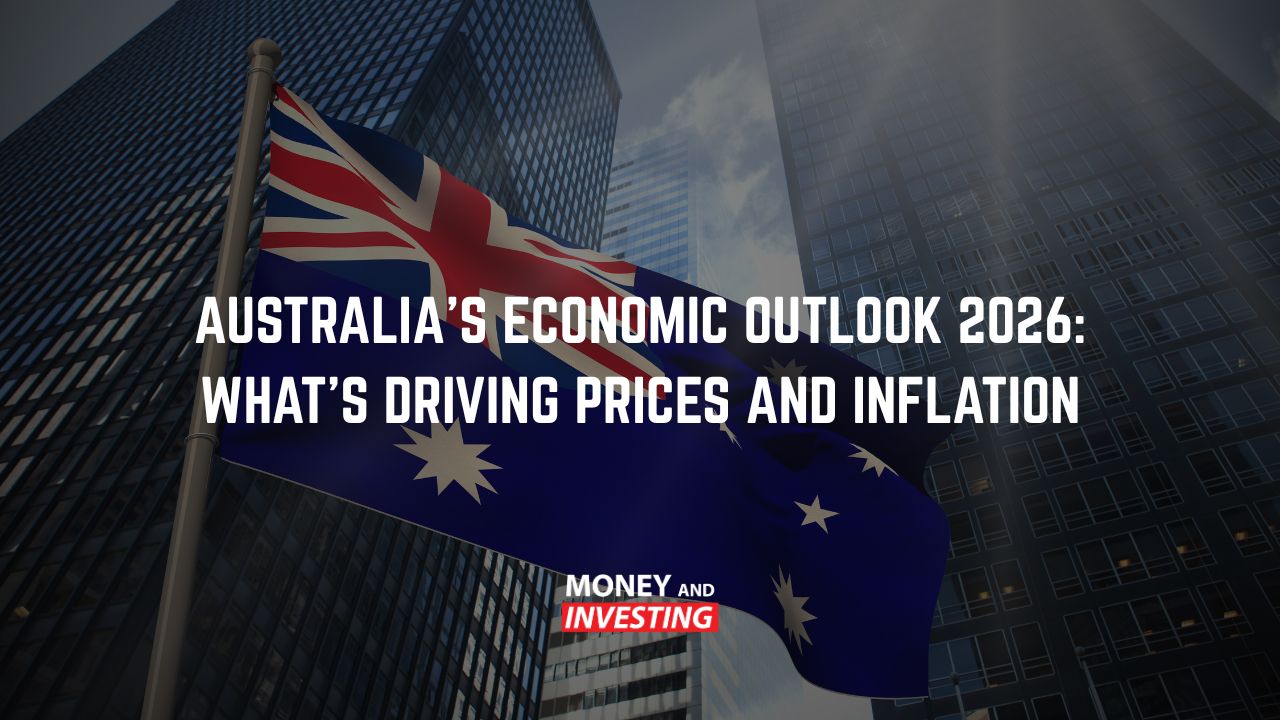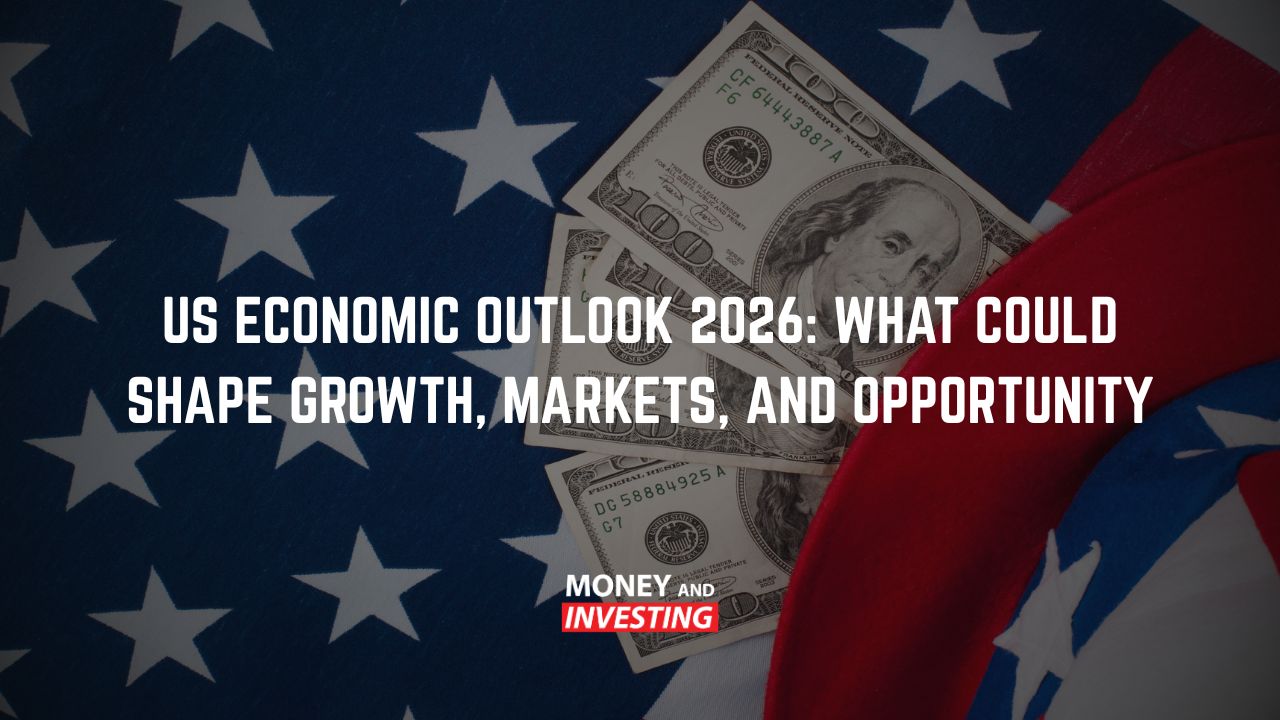GeoContagion
The recent Russia-Ukraine war has had a major impact on the world. The violence and devastation is mostly limited to Ukraine at the moment. The residual shockwaves are starting to have an impact around the world. Join us in this week’s podcast as we break down the effects of the war and the impact on our back pocket:
Sanctions Against Russia – Cause and Effect
In reaction to Russia’s actions, many western countries opted for sanctions to hurt the Russian economy. Firstly – they targeted the banks, locking Russia out of the SWIFT system. On the back of this we have seen the ruble (Russia’s currency) tumble in a big way. Host Andrew Baxter explains that now Russia’s foreign currency reserves, which are amounts of money held in foreign currencies and held in other countries, have been frozen by Western governments. In many cases, foreign currency reserves are substantial, so now Russia only has access to money on its own shores which is rapidly losing value. Major international businesses pulling out of Russia, and further sanctions from Western nations will continue to wreak havoc for the Russian government and its people, and the economic recovery will not be easy.
Foreign Bond Payments
Just a couple of weeks ago coupon payments owed by Russia were due on international bonds. Many thought that with the state of their economy and lack of access to cash they may not be able to pay their dues. Our co-hosts touch on how failure to make good on coupon payments leaves the buyer out of pocket and the ripple effect that comes of it. Host Andrew Baxter points out that despite Russia being able to make this first round of payments, there is every possibility that the nation will not be able to meet the next deadline and that this could cause significant issues for countries that have sold bonds to the Russian government. Russia have defaulted in the past, so it will be interesting to see whether history repeats itself. What do you think?
The Effects on Commodities
Russia and Ukraine often surprise people with the vast array of products they produce and export around the world. We have all seen fuel prices shooting through the roof because Russia produces a third of Europe’s oil, but what can we do about it? Andrew Baxter notes how cultivating corn in high quantities can work not only as a food source, but also for fuel. Ethanol, labeled ‘e10’ at your local gas station is an innovative alternative to traditional fuel sources. Most people just know that it’s cheaper and mechanics suggest not using it in nicer cars, but what is it?
Andrew Baxter discusses how corn is actually a great means of producing ethanol, and for those families across Australia and abroad, an increase in the production of ethanol could save those struggling just that little bit extra each week. Both nations also produce a large portion of the world’s wheat which as we all know is a vital ingredient to a lot of pantry staples. Unsurprisingly, farmers in Ukraine are not exactly able to be operating as normal, and with an upcoming farming season, many of them will miss out on a strong harvest. With less produced, but the same amount needed, prices are sure to surge as we have already seen. As a consumer, you’ll see the costs reflected in the prices of bread and other weekly buys that are more or less unavoidable.
Interest Rates – Should They Increase?
Coming out of the Covid era, the narrative spouted by politicians and economists alike was that heightened levels of inflation were merely transitory. An economist by trade, Andrew Baxter notes that current inflation is not transitory but is systematic. 2 years of economic stimulus and record low rates has caused major inflation in the market. Inflation is causing an alarming rise in the cost of living, which has people increasingly concerned. But nobody wants interest rates to go up while they are still paying off their house.
In the long run are we better off leaving cheap lending in place or should we slow down the economy by raising rates? The economic policy that was in place through the pandemic proved to be great in giving the economy a boost, but now that the various lockdowns and lack of travel is done, perhaps it is time to give the economy a breather. It will be interesting to see what the Reserve Bank of Australia does over the coming months, what do you think?



